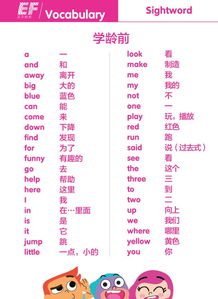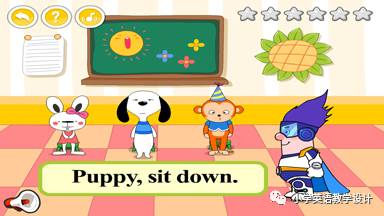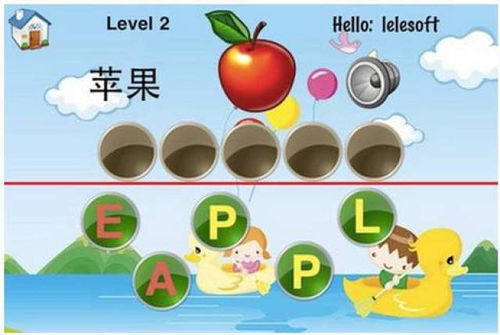Introduction to Game Industry English

As the gaming industry continues to grow at an exponential rate, the demand for specialized English skills within this sector has become increasingly significant. Game industry English encompasses a variety of terms, phrases, and concepts that are essential for both professionals and enthusiasts. In this article, we will explore some of the most commonly used English terms in the gaming industry, providing a comprehensive guide for anyone looking to navigate this dynamic field.
Tags and Categories

One of the fundamental aspects of game industry English is understanding tags and categories. These terms are used to classify games based on their themes, genres, and target audiences. Here are some common tags and categories:
Tags: Action, Adventure, RPG, FPS, Strategy, Simulation, Puzzle, etc.
Categories: Casual, Indie, AAA, Multiplayer, Single-player, etc.
Game Development Terminology

Game development involves a complex process that requires a variety of specialized skills. Here are some key terms related to game development:
Game Engine: The software framework used to develop video games. Examples include Unity, Unreal Engine, and CryEngine.
Scripting: The process of writing code to control the behavior of game objects and characters.
Level Design: The creation of game environments and the layout of obstacles, puzzles, and other elements.
Game Testing: The process of identifying and fixing bugs and issues in a game before its release.
Game Marketing and PR

Marketing and public relations play a crucial role in the success of a game. Here are some terms commonly used in this area:
Press Kit: A collection of materials provided to media outlets to promote a game, including screenshots, trailers, and press releases.
Community Management: The process of engaging with and nurturing a game's community of players.
Gamification: The use of game design elements in non-game contexts to encourage engagement and motivation.
Key Art: The main visual representation of a game used for promotional purposes.
Launch Event: A special event held to officially announce the release of a game to the public.
Game Play and Mechanics

Understanding the terms used to describe game play and mechanics is essential for both developers and players. Here are some common terms:
Game Loop: The repetitive sequence of actions that make up a game's core gameplay.
Game Mechanics: The rules and systems that govern how a game is played.
Player Progression: The way a player's character or abilities develop over time.
Game Balance: The process of ensuring that a game is challenging but not frustrating for players.
Gamepad/Controller: The device used to input commands to a video game console or computer.
Game Industry Jargon

The gaming industry has its own set of jargon that can be confusing for newcomers. Here are some examples:
Pixel Art: Hand-drawn 2D graphics that are pixelated in appearance.
Procedural Generation: The process of creating content dynamically using algorithms.
Metroidvania: A subgenre of action-adventure games that combines elements of Metroid and Castlevania.
Pixel Hunting: The act of searching for hidden items or secrets in a game.
Game Over: The end of a player's current game session.
Conclusion

Game industry English is a specialized field that requires a solid understanding of various terms and concepts. By familiarizing yourself with these terms, you'll be better equipped to communicate effectively with professionals in the gaming industry, whether you're a developer, tester, marketer, or simply a passionate gamer. Keep exploring and expanding your vocabulary
